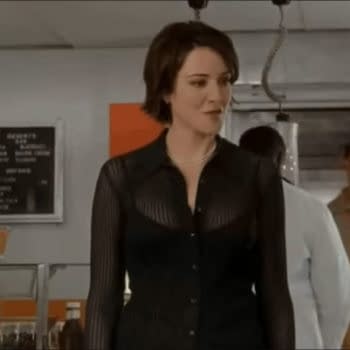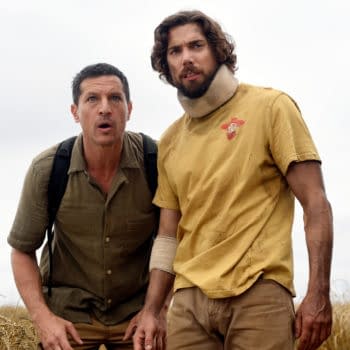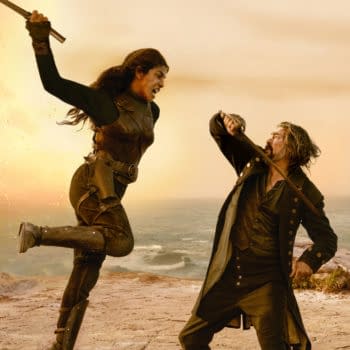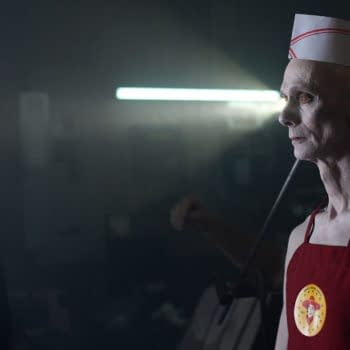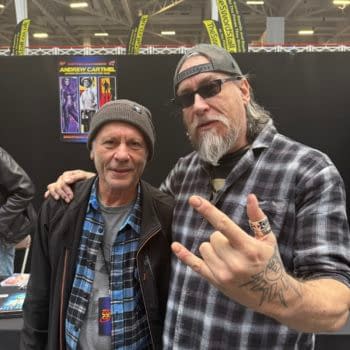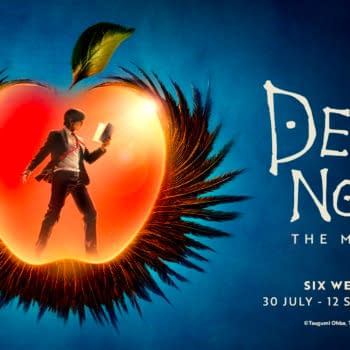Posted in: Books, Interview, Pop Culture | Tagged: Dwight Little, Still Rolling: Inside the Hollywood Dream Factor
Still Rolling: Dwight Little on Lee, Pleasance, Streaming & More
Dwight Little (Natty Knocks) spoke to Bleeding Cool about actors he wishes he work with again, Hollywood changes creatively, and streaming.
Article Summary
- Director Dwight Little discusses actors he wishes he could work with again and memorable experiences on set.
- Little reveals the greatest misconceptions about Hollywood's behind-the-scenes processes and the role of writers and directors.
- He critiques how the streaming era and limited series format have affected storytelling and content quality.
- Little offers insights on how the entertainment industry evolved and shares lessons from his memoir, "Still Rolling."
Dwight Little has worked with a lot of talent in his near-40-year career in Hollywood since his debut in 1985 with KGB: The Secret War. Working in several genres across all media from film, TV, and video games, the director has worked with the likes of Robert Englund, Brandon Lee, Wesley Snipes, Donald Pleasance, Kiefer Sutherland, David E. Kelley, in a wide variety of projects. While promoting his memoir, Still Rolling: Inside the Hollywood Dream Factory, the director spoke to Bleeding Cool about why he wanted to work with the late Rapid Fire (1992) star and Halloween franchise star, what he feels fans don't understand about the Hollywood process, and why streaming and the limited series has hurt the entertainment industry.
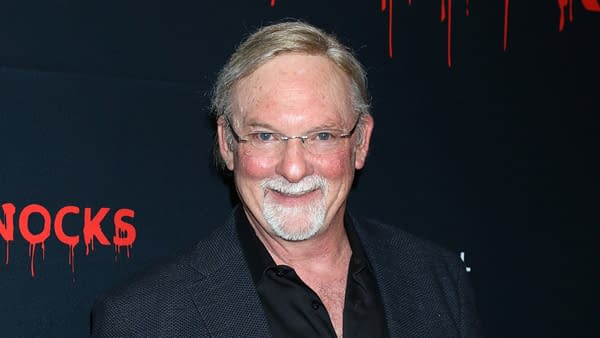
Still Rolling: Dwight Little on Actors He Wish He Could Work With Again and Streaming
BC: Was there anyone you wish you could work with again, alive or dead?
DL: I'd love to work with Brandon Lee again. That would be great. If you go through people I'd love to work again, another would be Donald Pleasance. As much as everybody tells stories about Steven, it'd be interesting to do another movie with him. There are a lot of actors I enjoy working with. I did a small horror movie, Natty Knocks, and had a chance to work with Robert Englund again, and I hadn't seen him since The Phantom of the Opera. Really? I mean, I've seen him at different events. It was so great to have that experience again after about 30 years so that was a wonderful opportunity to work with Robert Englund twice.
You wrote your book 'Still Rolling' as an insider view of your Hollywood experience with cautionary tales. What is the greatest misconception of what people assume goes on behind the scenes?
It goes back to the film and TV thing. This is a story as old as this business, but the writers should let the directors direct, and the directors should let the writers write. What happened with, and this is my pet peeve, the advance of what's called the "video village," where you have two monitors getting the seeds from the two cameras that are working, and then behind the monitors, you have seeded often four, six, eight, ten people and they're all sitting there giving advice, pitching ideas, or second guessing everything.
When I started, you were standing by the camera. You would talk to the operator, your DP, and actors, but the writer was generally not even on set. What's happened is if you look at a Marvel movie and a picture of the production of the Marvel movie behind the scenes, you've got the executive producers, writers, visual effects people, producers, network people, studio people, and it's hard to make a movie by committee. That's a piece of technology that's made it impossible. I know [Quentin] Tarantino has spoken about this, which is "Don't be on TV somewhere; go stand next to your actors and the camera because that's where the movie is." I don't know if that answers your question. That's a pet peeve, for sure.
Since you've been around for a while, I was wondering with Hollywood largely a volume business, do you think the quality has given way to quantity in this current streaming era? Or is it something that's always been the same and it's evolved?
It's the same. There was a huge post-House of Cards-kind of post-Netflix place to put content and rush it on these streaming services. The quality did diminish, and one of the reasons is because they came up with this limited series format. Suddenly, you have eight or nine hours to tell a story, and people get lazy and sloppy about being tight in their storytelling.
If you can tell The English Patient in 2.5 hours, you can tell any story in it, or 'Amadeus,' you don't need nine hours to play out a story, so the scenes are padded. Writing goes too long, and then the other thing is they don't test anything anymore where you have to take your work, progress, and test it in a theater in front of an audience and see where you are. Now, with the retraction where people are pulling back on content, they will pay a little bit more attention, but a series is different because when I worked on The Practice, there were 22 ordered for a season, and each hour had to be a perfect story in one hour. The streaming fostered the limited series, and I got bored with them personally.
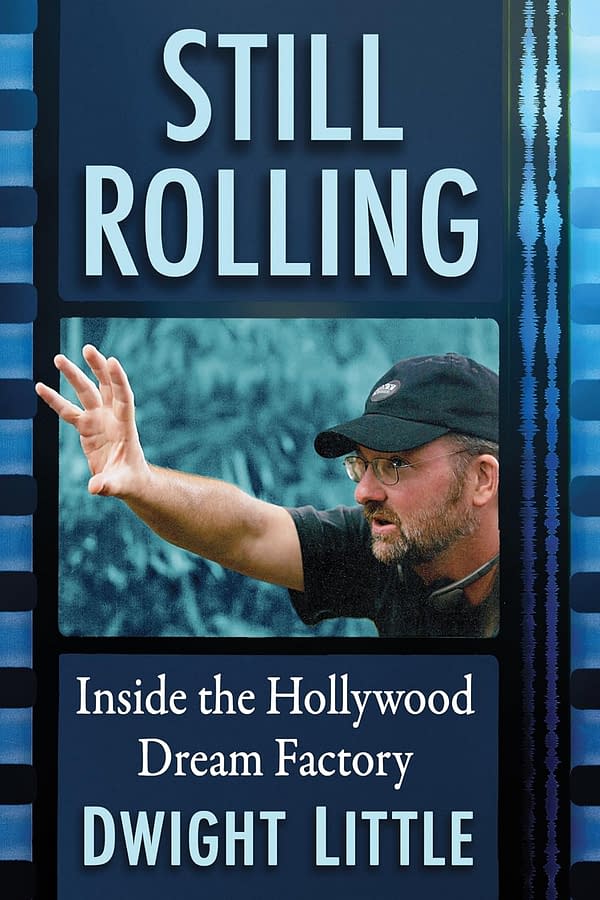
From McFarland Books, Still Rolling: Still Inside the Dream Factory is available in bookstores everywhere.






